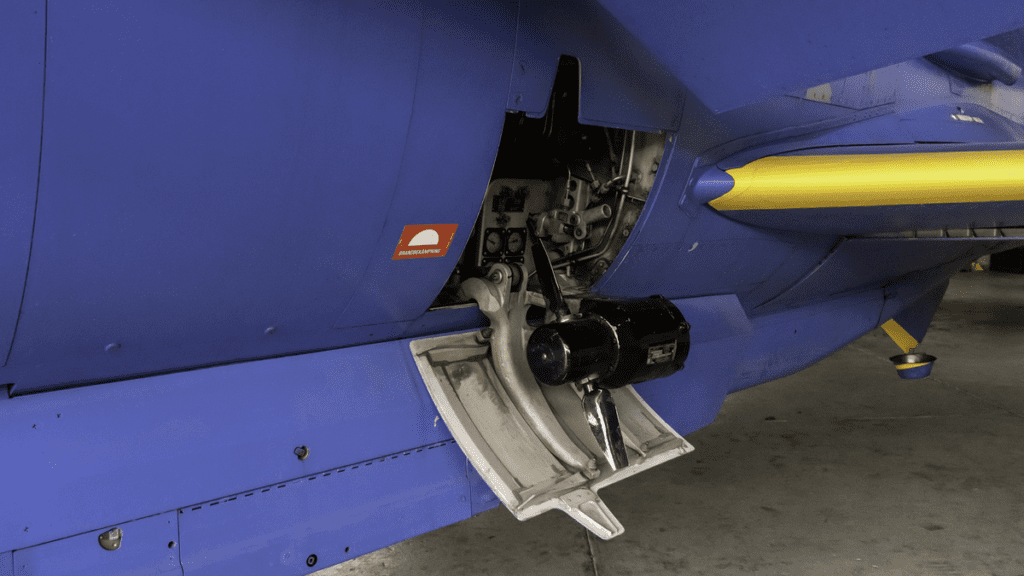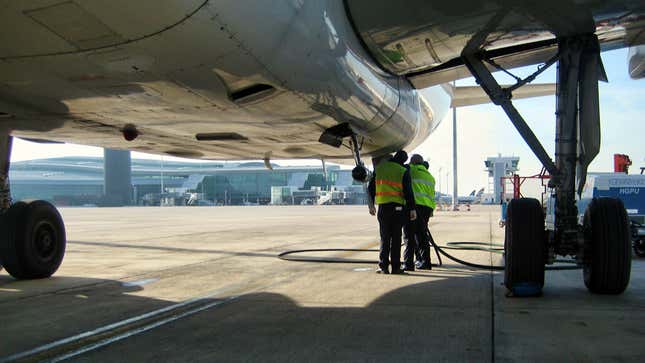Aircraft Have A Secret Wind Turbine Generator For Emergencies

Have a spin of my propeller. Photo: Bene Riobó via Wikimedia Commons
Aircraft safety is a hot topic these days, with Federal Aviation Administration investigators looking into door seals at Boeing, aircraft slides flying off mid air and engine failures plaguing several planes in recent months. But what happens if the power in your plane actually does go out? That’s an issue that nobody really wants to think about, but you can rest assured that you should be safe and sound thanks to this nifty little fan.
Henry Lloyd-Hughes Bought His First Car In An English Pub
As well as the engines on their wings that provide the thrust needed to get off the ground and a generator in the tail to provide power on the ground, planes have a third energy generation system that can be deployed in an emergency.
The device in question is affectionately called the RAT, which stands for Ram Air Turbine, and it’s a little wind turbine that can pop out the body of a plane whenever it’s indeed of a little electrical boost. As Simply Flying explains:
An aircraft’s Ram Air Turbine is a small auxiliary propellor that can be deployed in the event of a power loss. It works by generating power from the airstream passing over it as the plane flies, causing the turbine to rotate. The turbine can be connected to a generator or a hydraulic pump. This way, it can help to power either an aircraft’s electrical or control systems.
According to Skybrary, these devices are typically located in compartments in an aircraft’s wings or fuselage. The amount of power that a RAT generates is dependent on the speed of the plane at the time of its usage. They work using the concept of ram pressure. The greater the aircraft’s speed, the more power the RAT will generate.
It’s a nifty little creation that you might not know exists, as it’s only ever called for in an emergency scenario such as a loss in power. And it’s pretty good at doing that, with the RAT actually credited with saving as many as 1,700 lives through its deployment over the years.

Spot the propeller. Photo: A320 RAT PROBE TEST via Wikimedia Commons
The highest profile deployment of the device came on an Air Canada Flight that ran out of fuel between Montreal and Edmonton in 1983. In this scenario, the RAT kept the hydraulic pumps running on the plane, which meant its crew could safely glide it back down to Earth in a controlled manner.
Did you know about this important backup power supply on airliners from Boeing and Airbus, or have you heard of another intriguing safety measure we might not be familiar with? Let us know in the comments section below.



